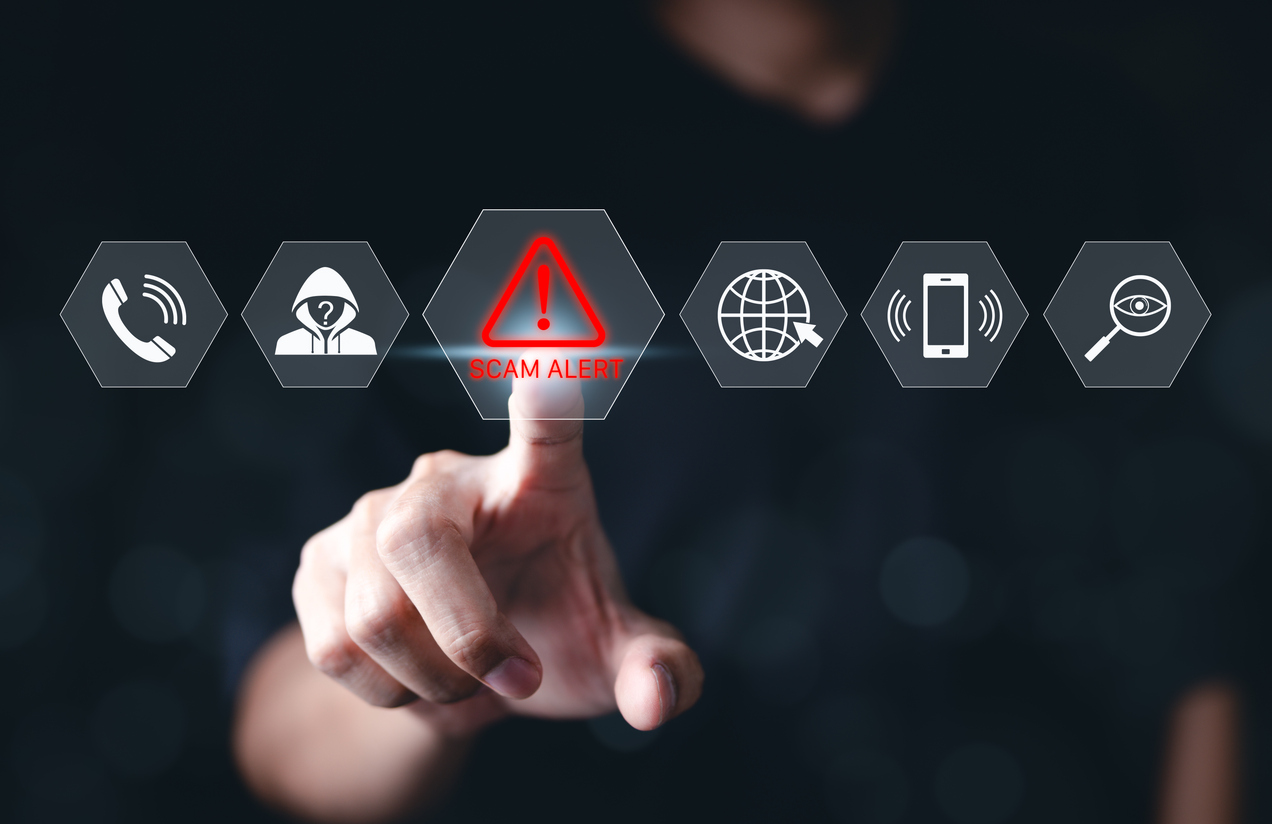If you have become a victim of fraud, below is a list of steps you should take.
Steps to Take if You Have Experienced a Vishing Attack
- Alert Financial Institutions: Notify your banks and request them to monitor or immediately freeze your accounts from unusual activity.
- Change Compromised Credentials: Update all passwords, PINs, and security details with strong, unique passwords.
- Notify the Impersonated Company: Inform the organization that the scammer claimed to represent their company so they can provide assistance and warn customers.
- File a Complaint: Report the incident to the Federal Trade Commission (FTC) or the FBI’s Internet Crime Complaint Center (IC3).
- Inform Your Company: If corporate information was disclosed, immediately alert your IT or cybersecurity team to initiate damage control.
Preventing Vishing and Phone Scams
- Use Multi-Factor Authentication (MFA): Protect accounts with MFA to add an extra layer of security.
- Enhance Email Security: Implement advanced email threat defense solutions to identify and remediate phishing attempts.
- Register with Do Not Call Lists: Sign up for national Do Not Call lists to reduce unsolicited calls.
- Avoid Unsolicited Calls:
- Don’t answer calls from unknown numbers; let them go to voicemail.
- Hang up and block numbers if the caller seems suspicious.
- Don’t redial missed calls from unfamiliar numbers.
- Avoid responding to voice prompts from unsolicited calls.
- End calls that insist on secrecy or discourage consulting others.
- Be Aware of Social Engineering Tactics:
- Watch for threats of immediate action or promises of large rewards.
- Be cautious of callers who feign kindness or personal connection.
- Review Potential Vishing Communications:
- Verify the sender’s name, email, and phone number.
- Check for urgency and inconsistencies in the message.
- Assess the nature of the call-to-action request.
- Never Share Sensitive Data Over the Phone: Be cautious if asked for personal or corporate details. Terminate suspicious calls and consult the institution directly using verified contact information.
- Ask for Proof of Identity: Request details from the caller about their position and the institution they represent. Verify their identity by contacting the organization through official channels.
Employee Training
Regularly educate employees on vishing defense strategies, current cyberthreat trends, and how to respond effectively to attacks. This ensures they can actively protect the organization’s sensitive data and finances.
Fraudulent activity is rampant. Individuals and businesses must stay vigilant more than ever to avoid fraud, which can be very costly.
About Us
Oberman Law Firm represents clients in a wide range of practice areas, including private equity, M&A, healthcare, corporate transactions, intellectual property, data privacy and security, regulatory compliance and governance, cross-border transactions, labor and employment, construction law, litigation, private clients’ services, corporate restructuring, and white-collar and governmental disputes.
As a firm, we offer the highest quality legal advice coupled with extraordinary and tailored service to deliver exceptional results to our clients. Our philosophy is to invest deeply in the brightest legal talent and build dynamic teams that operate at the pinnacle of respective practice areas. We believe in empowering our attorneys, encouraging entrepreneurialism, operating ethically and with integrity, and collaborating to bring the very best to every client engagement. These principles have guided us in building extraordinary and successful long-term partnerships with our clients.
Author(s)






